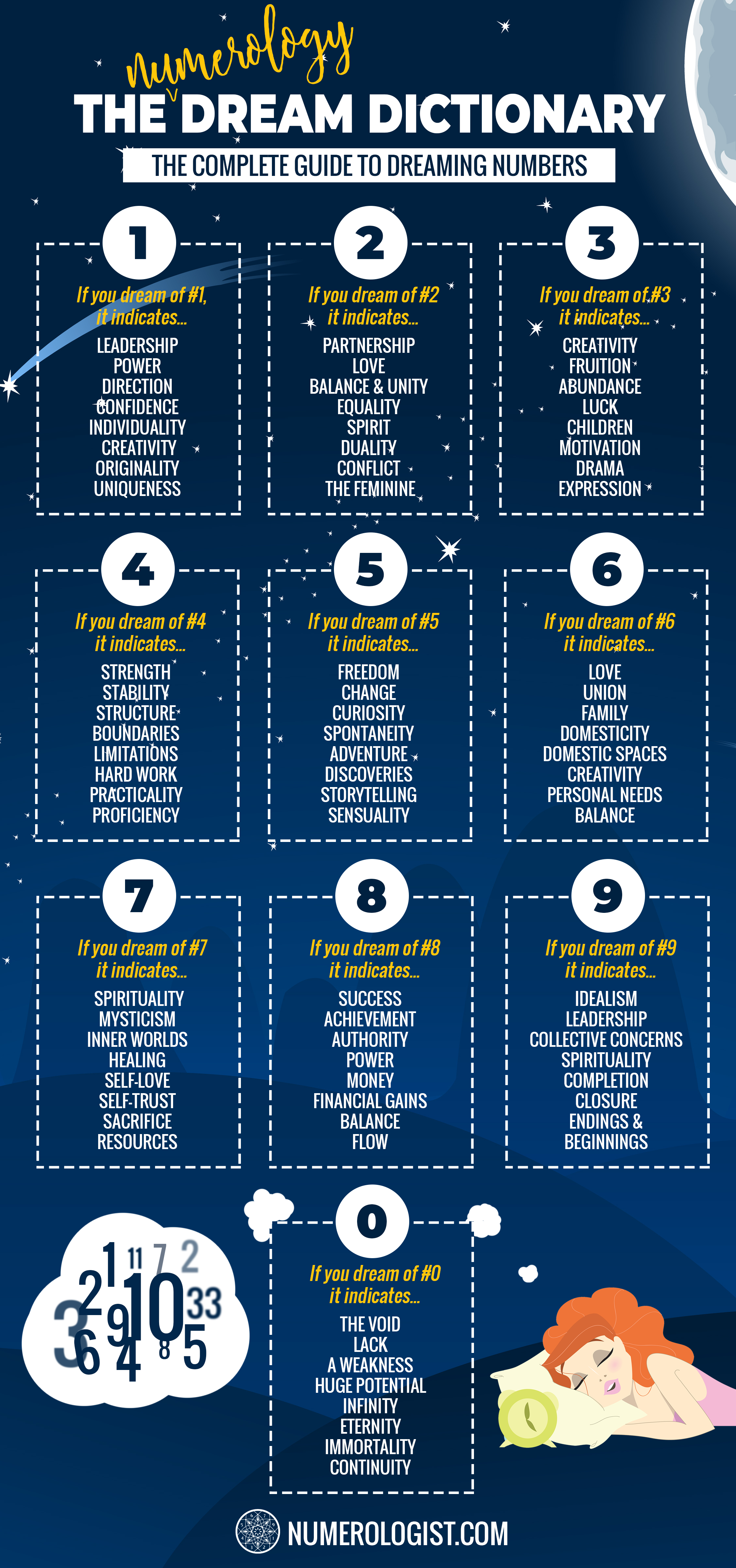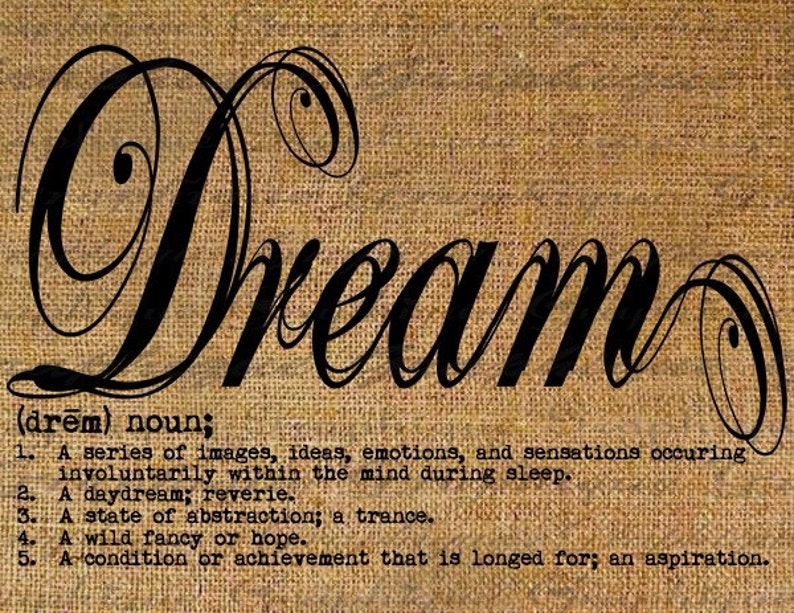

In Jungian dream analysis, every aspect of your dream represents something in your psyche. Jung suggested that dreams reveal the ways an individual has fallen out of balance. Like Freud, Jung thought dreams were rooted in the unconscious mind and could help heal the dreamer if understood properly. Through this process, you can reveal the deeper wishes that may be hidden in your subconscious mind. With free association, you speak openly about everything that might relate to the images and events in your dream. In Freudian dreamwork, an analyst encourages a dreamer to find the hidden meaning behind their dream through a process called free association. latent content (the deep symbolic meaning of your dream).



For example, they might represent feelings or desires you haven’t acknowledged in your waking life.įor more than a century, psychologists have attempted to create frameworks that can explain the meaning behind dreams - from the wildest to the most mundane.ĭream researchers believe they do. Some researchers think dreams may serve psychological purposes in addition to biological ones. May serve psychological purposes, such as revealing subconscious feelings Your brain might also use your dreams to sort through information you’ve gathered during the day, deciding which information is important enough to store in your long-term memory and which you can forget. May help sort information collected during the day In this way, dreaming may offer you a fight-or-flight training ground. It’s also possible that dreams help you practice how to respond to threatening scenarios in real life. Brain scans indicate that the same areas of your brain are active both when you’re dreaming and when you’re dealing with extremely emotional events. May help process emotional life experiencesįirst, dreams may help you deal with the emotions you’ve experienced in your life. Researchers think people dream for several reasons, discussed below. You may or may not remember your dreams when you wake up. In a dream, you see images, hear sounds, and feel physical sensations. Dreams are sensory experiences that happen while you’re sleeping.


 0 kommentar(er)
0 kommentar(er)
